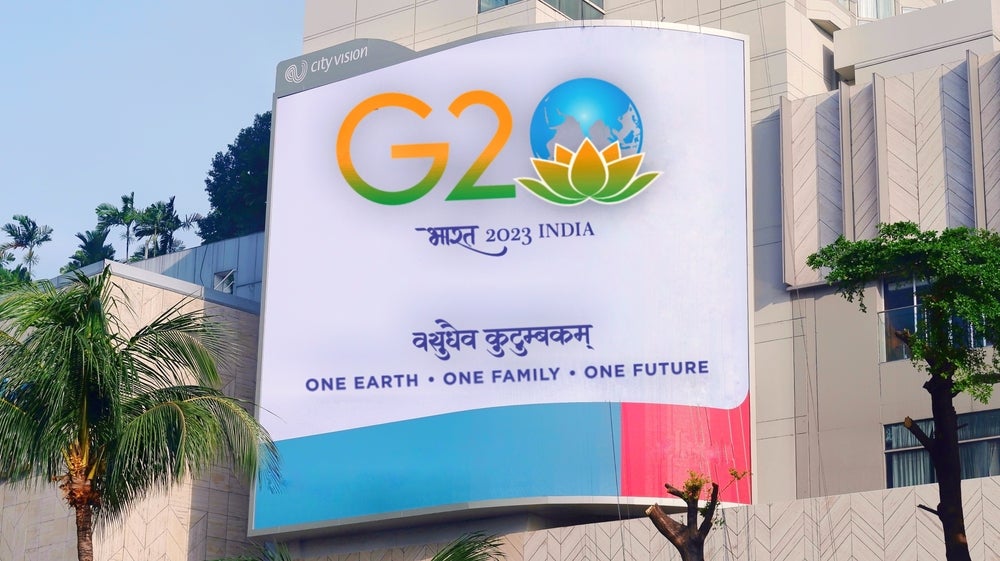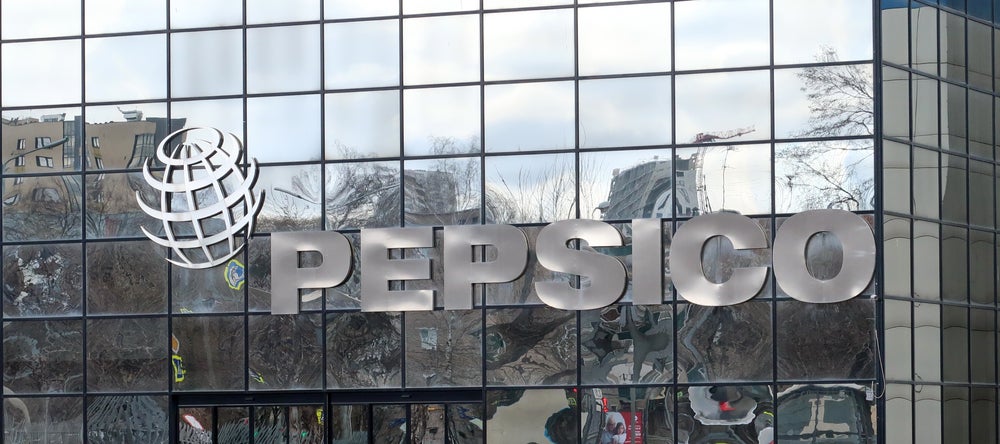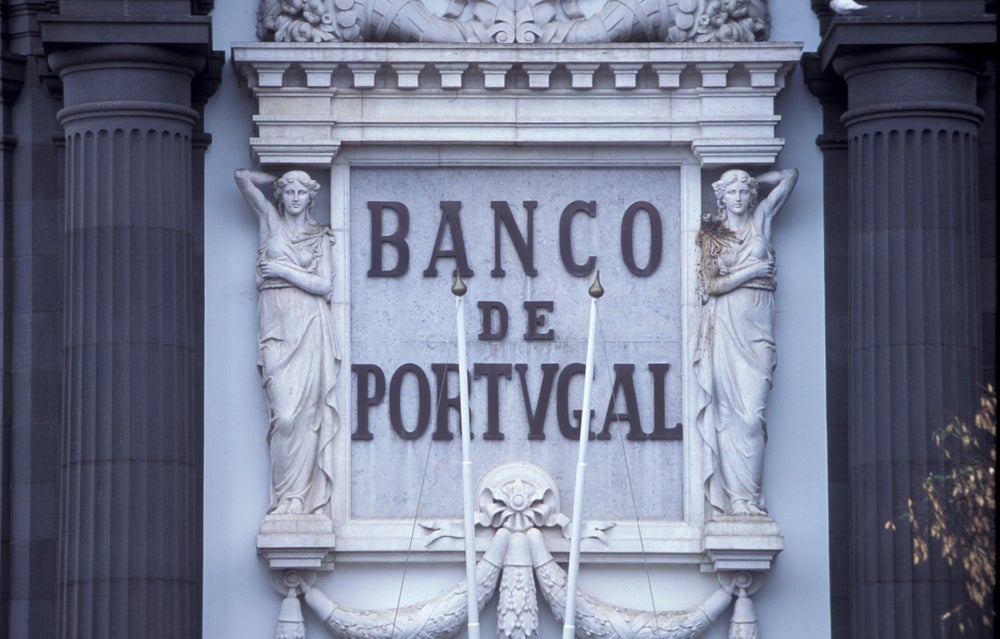With 1.7bn people having no access to basic financial services, the G20 summit starting this week has a golden opportunity to address financial inclusion and potentially lift hundreds of millions out of poverty, according to Nigel Green, the CEO of deVere Group, one of the largest independent asset management companies in the world.
This call to arms comes as 40 leaders of the world’s richest and most powerful nations descend on New Delhi, India, for the critical two-day event.
“In our ever more interconnected global society, it is remarkable that a substantial segment of the world’s population still lacks adequate access to banking services or is underserved by them," says Green.
As data from the World Bank shows, around 1.7 billion adults across the globe currently lack any kind of fundamental financial services, with the majority of these individuals living in countries classified as low or middle-income. Enhancing financial inclusion serves as a powerful instrument in the fight against poverty.
Financial inclusion refers to the availability and equality of opportunities to access and use financial services. These services include banking, credit, insurance and savings facilities.
“When individuals can access financial services, they can effectively save, make investments and safeguard themselves from unexpected economic shocks and financial setbacks," says Green. Consequently, this newfound capability enables them to break free from the cycle of poverty and enhance their quality of life, he adds.
Financial inclusion also serves as a catalyst for economic growth through the encouragement of entrepreneurship and the nurturing of small businesses.
When both individuals and small enterprises gain entry to credit and other financial assets, they become capable of making investments in their businesses, generating employment opportunities and encouraging economic progress.
Another critical focus of the G20 agenda is the worldwide pursuit of gender equality, and financial inclusion can prove pivotal in achieving this goal.
"Women, especially in developing nations, frequently encounter substantial obstacles when attempting to access financial services," says Green. "By giving priority to financial inclusion, we can work to close this gender gap, thereby promoting economic empowerment for women and other underserved groups.”
Through foreign direct investment (FDI), multinational enterprises play a key role in facilitating economic growth in the world's least-developed countries (LDCs). It is therefore extremely concerning that FDI to the planet’s 82 structurally weak, vulnerable and small economies declined by 12% to $41bn in 2022, attracting a tiny share of global foreign investment at just over 2% of the total (down from 2.2% the year before), according to the UN Conference on Trade and Development's World Investment Report, a flagship annual publication.
This rate of decline is even worse than the overall worldwide drop in FDI of 11% in 2022.
In short, according to Green, the succession of ongoing global crises, especially the food and energy crises as well as financial and debt distress, has hit investment flows to the poorest countries disproportionally. It has never been more important for the G20 economies to take action on global poverty via support for financial inclusion, and more broadly, FDI to LDCs.












